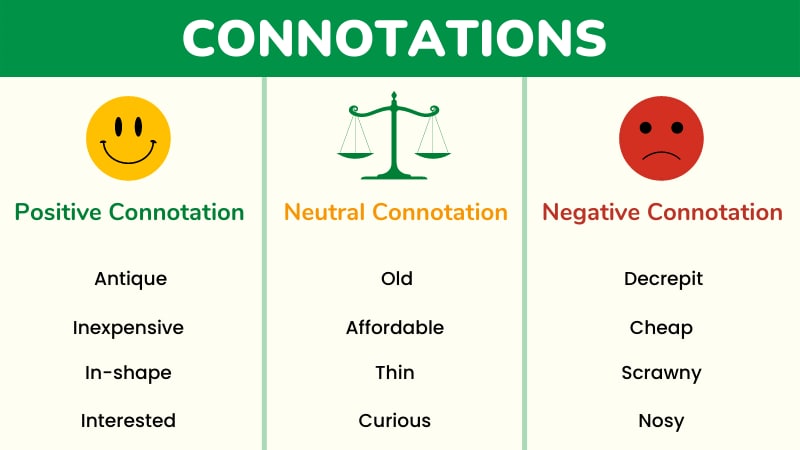Types of Descriptive Writing
Descriptive Writing
A descriptive essay is an artistic writing form. Here, the writer has to write in such a way that it forms a picture in the mind of the reader. The writer may describe a person, place, or object, or be reminiscing a memory. The descriptive essay strives to communicate a deeper meaning than description, it has to be such that the reader experiences himself in the happening of events. The reader feels personally touched with the painting of the writer's words.
To sum up, there are some criterions of descriptive writing. They include:
- Writing chronologically: all events must be coherent
- Using a figure of speech: words or phrases that aren't literal but have a vivid meaning
- Use more strong verbs than technical term: she walked leisurely is better than she sauntered.
- Use sensory details of touching, seeing, feeling etc.
- Think before writing, and end with revising and correcting.
Types of Descriptive Writing
There are three major forms of descriptive writing:
- Writing about a person
- Writing about an object
- Writing about a place
When describing a person, you should add his physical features and details that appeal to the reader emotionally. Again, when talking about an object, emotions would work less, so try to appeal to the readers physically by the use of metaphorical terms. Writing about a place means that the place and everything around and in it should be discussed in detail so that the reader can picture the place.
Other types of descriptive writing include:
- Writing about oneself
- Writing about others
- Writing poems
- Writing about traveling, memory or experience
- Writing about nature etc.
Writing about Oneself
This kind of writing may include articles like My school, My favorite Hobby, My favorite season, etc. Here the writer has to tell about himself, about the topic in question, how they are linked, what impact it has, everything should be mentioned in detail, and in the form of telling a story that doesn't strike the reader as boring.
Writing about Others
This type of writing can include articles like My Best Friend, My Mother etc. Here again, the writer has to create a picture of that person in the mind of the reader. Even though they have never met, the reader should be able to create an image and learn about the nature of that person in question with the writing.
Read More:
Writing Poems:
Here simple, rhyming words are used for aesthetic appeal. However, complex words can be used too, as well as sentences that don't rhyme. It all depends on the poet. But at the end of the day, it leaves an impact in the mind of the reader.
Writing about Traveling, Memory or Experience:
Here the writer has to recall a past event but can use a present form of the verb as if he is actually present there and is seeing what's happening and is a part of it. For example, recalling a visit to the Sundarbans, or recalling a football match can be just the article.
Writing about Nature:
Here, the writer has to discuss the beauty of nature. Many poets have compared nature to a woman, or something relative to describe their beauty and nature. That leaves a better understanding and adds a personal or emotional touch to that form of writing.
Grammar
Read More
- How to Use "Therefore" in Sentences Avoiding Common Mistakes
- How to Use "Whereas" with Examples and Avoid Common Mistakes
- When and How to Use "Thus" Correctly Without Common Mistakes
- How to Use "On the Contrary" Properly with Meaning and Examples
- When and How to Use "Either/Or" with Examples and Common Mistakes to Avoid
- How to Use "On the Other Hand" Effectively without Mistakes
- How to Use "Respectively" with Example and Common Errors to Avoid
- How and When to Use "Moreover" Without Mistakes
- How to Use "Likewise" in Sentences Based on Context & When not to Use
- When & How to Use "Although" in Sentences to Avoid Mistake

